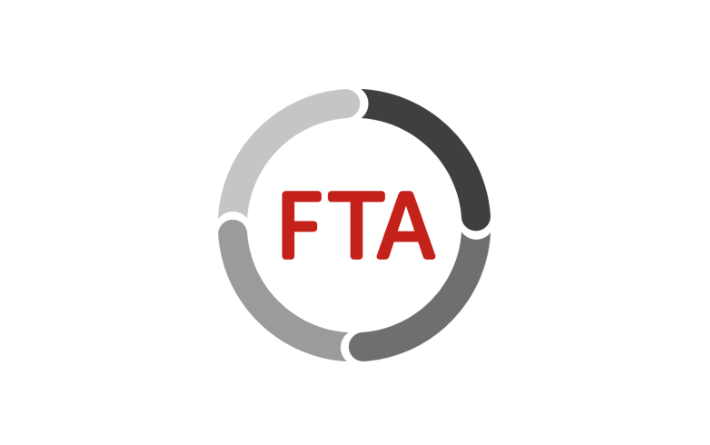FTA supports report that claims Clean Air Zones aren’t a perfect solution

Wednesday 27 April 2016
The Freight Transport Association (FTA) has spoken in support of today’s report into air quality and transport that claims Government’s plans for Clean Air Zones (CAZs) are too inflexible.
The House of Commons’ Environment, Food and Rural Affairs report says CAZs as defined by the Department for Environment, Food and Rural Affairs (DEFRA) may not best address local air pollution problems and targeted schemes could be more effective.
FTA’s Head of National and Regional Policy Christopher Snelling said: “We are glad the Committee noted FTA’s concerns on page 12 of its report that CAZs are a blunt tool. Local air quality problems are just that - local. They differ in geographical extent and sources of pollution, and they will differ in terms of best solutions.”
FTA supports the statement by the Committee that “cities may find it more effective to limit vehicle access at certain times of day or to target specific bus routes rather than adopt blanket access proposals”.
FTA has consistently rejected the instruction that the burden of CAZs must fall exclusively on commercial vehicles, buses and taxis. The Association believes cars should not be excluded from consideration. Further, FTA agrees with others such as the Local Government Association that CAZs are only one potential solution.
Mr Snelling commented: “Other options such as local traffic management could be better suited in some cases – one policy action should not be artificially promoted over others as if it was some magical solution.”
Finally, FTA has called for more acknowledgement of the success of the Euro VI standard for heavy duty vehicles such as trucks and buses. Much of the report is rightly concerned with the issues over the Euro 6 light duty vehicle standard, but significant on-road testing by bodies such as Transport for London (TfL) has shown that these issues do not apply to Euro VI. Vehicles are meeting their emissions requirements, with NOx levels 80% lower than with previous vehicles.
Mr Snelling said: “This difference is a further reason why a local strategy that focuses on heavy vehicles alone will only achieve a limited impact - successful emissions reductions are coming in this area anyway.”
Euro VI has been compulsory for new trucks and buses since the beginning of 2014.
FTA Press Office
01892 552255
press.office@fta.co.uk